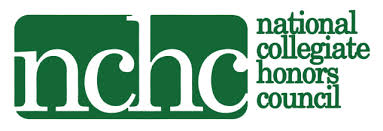Marking the Dead
The Individual & the Collective - HNRS 2364
Instructor(s): Troy Lovata
Course Description
This course is designed to get students out of the classroom and into the field to conduct first-hand, qualitative research into the practice of culture. Students will have seminar discussions about, and undertake readings into, the transmission of culture across time. But their primary activity will be to observe and participate in culture as it unfolds in the field through a series of field trips during scheduled class time.
The past is fundamental to the formulation of culture. What people do, what they believe, and how they interact is often based on using the past to define the present and attempting to carry the present into the future. This is especially apparent in the ways in which people mark, commemorate, and actively remember the dead. Students in this course will study and become participant observers in the links made between generations of New Mexicans in comparison and contrast to wider American culture and practices around the world. Students will study how New Mexicans mark the dead in a variety of circumstances, including: study of how Albuquerque cemeteries developed and change; first-hand observations of roadside descansos and ghost bikes that commemorate pedestrians and bicyclists killed by motorists; analysis of the ways we remember and forget the heroics and infamy of historical figures and war veterans from across New Mexico, Albuquerque, Santa Fe, and UNM; examination of how the crash of TWA Flight 260 is marked in the Sandia Mountains; study of the development and change in pet cemeteries. There is a $45 course fee to support field work in this course.
Texts
A series of readings from book chapters and academic journal articles available for free download about death practices and controversies of commemorating divisive events from the field of Anthropology, Archaeology, Cultural Studies, Cultural Geography, and Art History. Films including Errol Morris’ Gates of Heaven and Brook’s Ghost Bikes.



Social Media
For news, information, prizes and more fun stuff follow us on our social media!
Honors College Resources